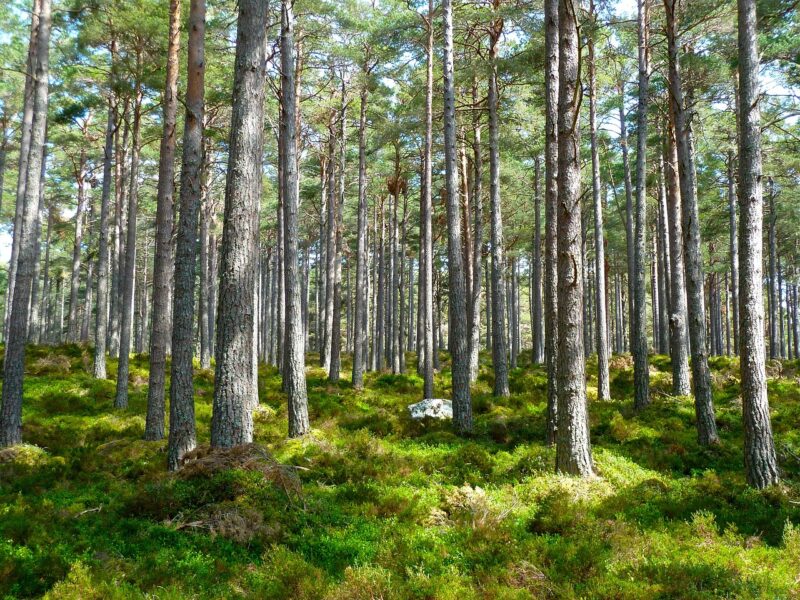Deep Ecology goes beyond environmentalism; it’s a philosophy that seeks to transform the way we perceive and interact with the natural world. In this article, we delve into the intricacies of Deep Ecology, exploring its key principles, influence on sustainable practices, and its relevance in our interconnected world.
Unveiling the Layers of Deep Ecology
**1. The Essence of Deep Ecology
Deep Ecology transcends surface-level environmental concerns. It’s a profound shift in perspective, urging us to recognize the intrinsic value of all living beings. This paradigm encourages a holistic understanding of ecosystems, emphasizing the interconnectedness of all life forms.
**2. Roots of Deep Ecology
Understanding the historical context is crucial. Deep Ecology emerged in the 1970s as a response to the environmental crisis. Arne Naess, a Norwegian philosopher, laid the foundation, advocating for a deeper, spiritual connection between humans and nature.
**3. Principles Guiding Deep Ecology
Delve into the eight principles that define Deep Ecology, from recognizing the inherent worth of all species to promoting diversity and interconnectedness. These principles provide a framework for sustainable living and environmental stewardship.
**4. Impact on Sustainable Living
Explore how Deep Ecology influences lifestyle choices, fostering sustainable practices. From mindful consumption to eco-friendly habits, its impact extends to individual actions that collectively contribute to a healthier planet.
**5. Biodiversity Conservation through Deep Ecology
Deep Ecology underscores the importance of biodiversity for ecological resilience. Discover how embracing this philosophy can lead to effective conservation efforts, preserving the richness of our ecosystems.
**6. Deep Ecology and Indigenous Wisdom
Uncover the parallels between Deep Ecology and indigenous wisdom. Many indigenous cultures inherently embody ecological balance, making their practices integral to the Deep Ecology movement.
**7. Challenges in Embracing Deep Ecology
While the principles of Deep Ecology are inspiring, their application faces challenges. Explore the hurdles and potential solutions, acknowledging that adopting such a transformative mindset requires collective effort.
**8. The Role of Education in Deep Ecology
Education plays a pivotal role in shaping environmental consciousness. Examine how integrating Deep Ecology into educational curricula can nurture a generation committed to sustainable living.
Deep Dive: Understanding Deep Ecology
Deep Ecology At its core, Deep Ecology advocates for a profound shift in human consciousness. It urges individuals to move beyond anthropocentrism, recognizing that every species, regardless of its utility to humans, has inherent value.
FAQs: Navigating Deep Ecology
Is Deep Ecology a Form of Environmental Activism?
No, Deep Ecology goes beyond activism. While it inspires environmental stewardship, its primary focus is on fostering a deep, spiritual connection between humans and nature.
How Can Individuals Embrace Deep Ecology in Daily Life?
Embracing Deep Ecology involves conscious choices, such as reducing ecological footprints, supporting sustainable practices, and cultivating a sense of reverence for the natural world.
Does Deep Ecology Reject Technological Advancements?
Deep Ecology doesn’t reject technology but encourages its mindful use. It emphasizes a harmonious relationship with technology that doesn’t harm the environment.
Is Deep Ecology Relevant in Urban Settings?
Absolutely. Deep Ecology is adaptable and applicable in urban environments. It encourages sustainable practices, green spaces, and mindful urban planning.
Can Deep Ecology Address Global Environmental Issues?
While not a sole solution, Deep Ecology contributes to addressing global issues by fostering a collective mindset shift towards sustainable living.
Is Deep Ecology a New Concept?
Though coined in the 1970s, Deep Ecology draws from ancient wisdom, making it a timeless philosophy rooted in humanity’s deep connection with nature.
Similar Topics
Conclusion
Deep Ecology beckons us to reevaluate our relationship with the planet, urging a shift towards interconnectedness and sustainability. Embracing its principles can pave the way for a harmonious coexistence between humanity and nature.










